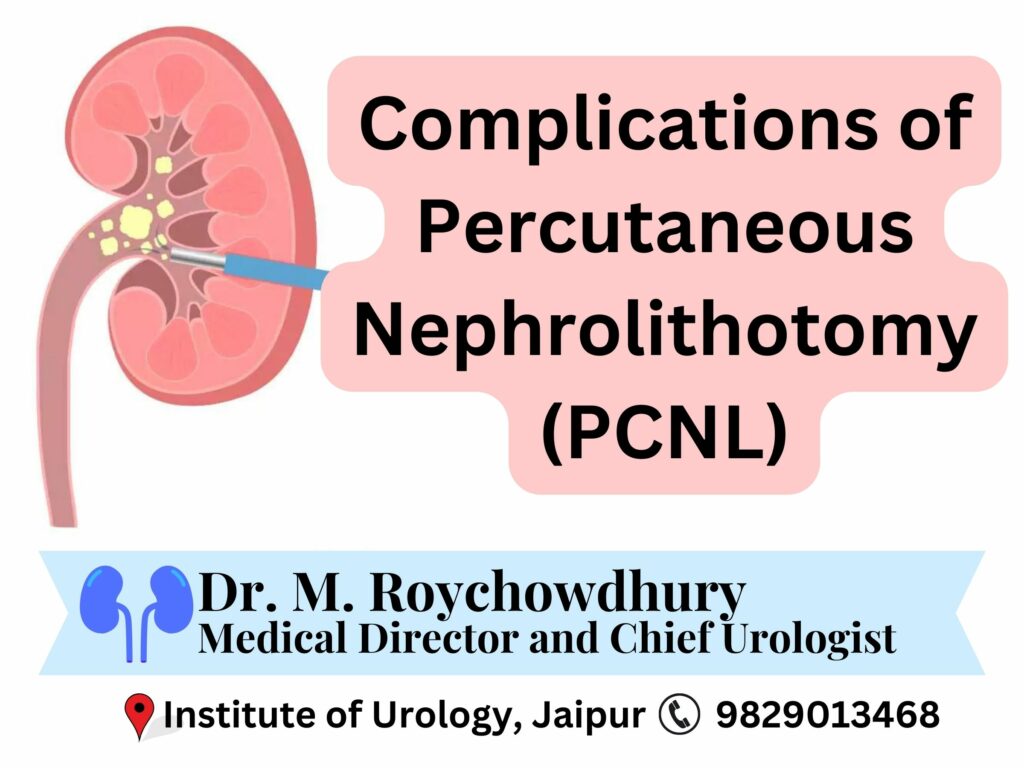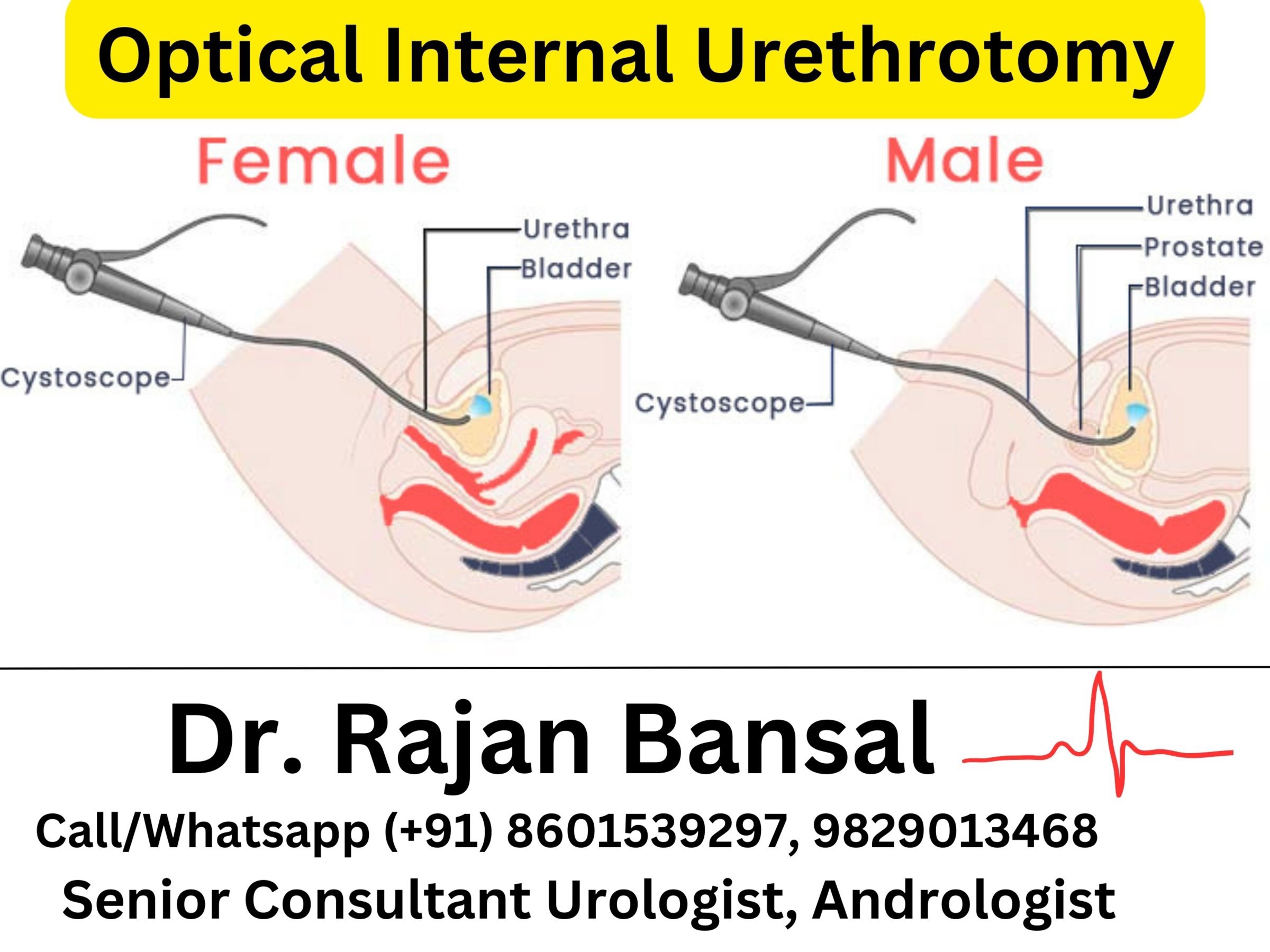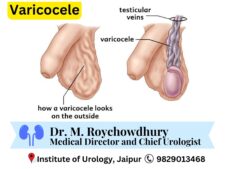Complications of Percutaneous Nephrolithotomy (PCNL): Percutaneous Nephrolithotomy (PCNL) has revolutionized the treatment of kidney stones, offering a minimally invasive approach to remove large or complex stones from the kidney. While PCNL is generally considered safe and effective, like any medical procedure, it is not without its potential complications. This article aims to provide a comprehensive overview of the complications associated with PCNL, their prevention, and management strategies.

I. Hemorrhage
Hemorrhage is one of the most significant complications of PCNL. It may occur during the procedure or in the postoperative period. Risk factors include renal vascular anatomy, associated infections, anticoagulant use, and the presence of comorbidities like hypertension. To mitigate this risk, preoperative imaging studies should be meticulously reviewed, and patients on anticoagulants may need to discontinue them prior to the procedure. Intraoperative measures, such as meticulous tract dilation, gentle handling and manoverabiloty of instrument inside the pelvicalyceal system and selective embolization, can help manage bleeding. Prior urine culture and proper pre operative control of infection if any also reduces chance of bleeding. Delayed bleeding due to pseudo aneurysm formation may require selective renal angio embolisation to control the bleeding.
II. Infection
Infection is another potential complication of PCNL. Despite rigorous sterile techniques, in a scenario of pre existing urine infections, the introduction of instruments into the kidney may introduce bacteria, leading to urinary tract infections (UTIs). To reduce this risk, prophylactic antibiotics should be administered before the procedure, guided by local antimicrobial resistance patterns. Additionally, strict adherence to aseptic protocols during the procedure is paramount.
III. Sepsis
While rare, sepsis can occur if an infection is not promptly recognized and treated. Vigilant postoperative monitoring for signs of systemic infection, including fever, tachycardia, low blood pressure and altered mental status, is crucial. Early recognition and aggressive management with broad-spectrum antibiotics and ionotropic support are essential in preventing the progression of sepsis.
IV. Bowel Injury
Inadvertent perforation of adjacent structures, like the colon, is a potential complication of PCNL. This risk can be minimized through careful preoperative planning, meticulous tract dilation, and real-time imaging guidance during the procedure. In the event of a suspected injury, immediate recognition and consultation with a multidisciplinary team are vital.
V. Pleural Injury
In rare cases, PCNL can lead to a pleural injury, particularly when performing upper pole access. Close attention to anatomy and real-time imaging guidance can help minimize this risk. If suspected, prompt consultation with a thoracic surgeon may be necessary for appropriate management.
VI. Post Operative Pain
Patients undergoing PCNL may experience varying degrees of postoperative pain. Adequate pain management strategies, including the use of analgesics and regional anesthesia techniques, can help alleviate discomfort and promote a smoother recovery.
VII. Urinoma Formation
Urinomas may develop as a result of urine leakage into the retroperitoneal space. Adequate drainage and urinary diversion may be necessary, often requiring percutaneous drainage under imaging guidance.
VIII. Renal Function Impairment
Although uncommon, PCNL can lead to a decline in renal function. This may be attributed to factors such as prolonged procedure duration, extensive stone burden, or damage to adjacent renal tissue. Preoperative assessment of renal function, as well as careful patient selection, can help mitigate this risk. Postoperative monitoring of renal function and early intervention in case of deterioration are essential.
IX. Fistula Formation
Rarely, PCNL can lead to the formation of a fistula, particularly in cases where the tract extends into adjacent organs or structures. Vigilant monitoring for signs of fistula formation, such as persistent leakage of urine or fecal material, is crucial. Early recognition and appropriate intervention, which may include percutaneous drainage and surgical repair, are essential in managing this complication.
X. PUJ/ Ureteral Injury
During the course of PCNL, there is a potential risk of injuring the ureter, particularly when advancing instruments or during tract dilation. Careful attention to anatomy, real-time imaging guidance, and gentle handling of instruments can help minimize this risk. In cases of suspected ureteral injury, consultation with a urologist experienced in reconstructive techniques may be necessary.
XI. Retained/ Residual Stone Fragments
Despite thorough efforts, small stone fragments may be left behind following PCNL. This can lead to recurrent stone formation and may necessitate additional interventions. Postoperative imaging, such as a follow-up computed tomography (CT) scan, can help identify and plan for the management of retained fragments.
Best Hospital for Large Kidney Stone Treatment – Institute of Urology, C Scheme, Jaipur
While Percutaneous Nephrolithotomy is a highly effective procedure for managing kidney stones, it is important for us to be aware of the potential complications that may arise. By understanding these risks and implementing careful preoperative planning, meticulous intraoperative technique, and vigilant postoperative monitoring, urologists can optimize patient outcomes and minimize the occurrence of complications associated with PCNL.
At Institute of Urology, Jaipur, in cases where complications do arise, prompt recognition and appropriate intervention are considered paramount in ensuring the best possible patient care. With our state of the art infrastructure, advanced urological equipments obtained from best international sources, we leave no stone unturned in bringing nothing but the best to our patients. Our Institute is pioneer in the field of Urology and Minimal access surgery and with our team of experts and skilled staff, we are continually gaining new milestones when it comes to patient satisfaction rates.
We have now introduced the facility of online consultation for those patients who want to discuss their concerns before actually coming to consult in person. This helps patients prepare for the consultation as well as solve any doubts that they might have beforehand. Our consultant urologists can be reached at the following numbers
Dr. M. Roychowdhury – 9929513468
Dr. Rajan Bansal – 8601539297







